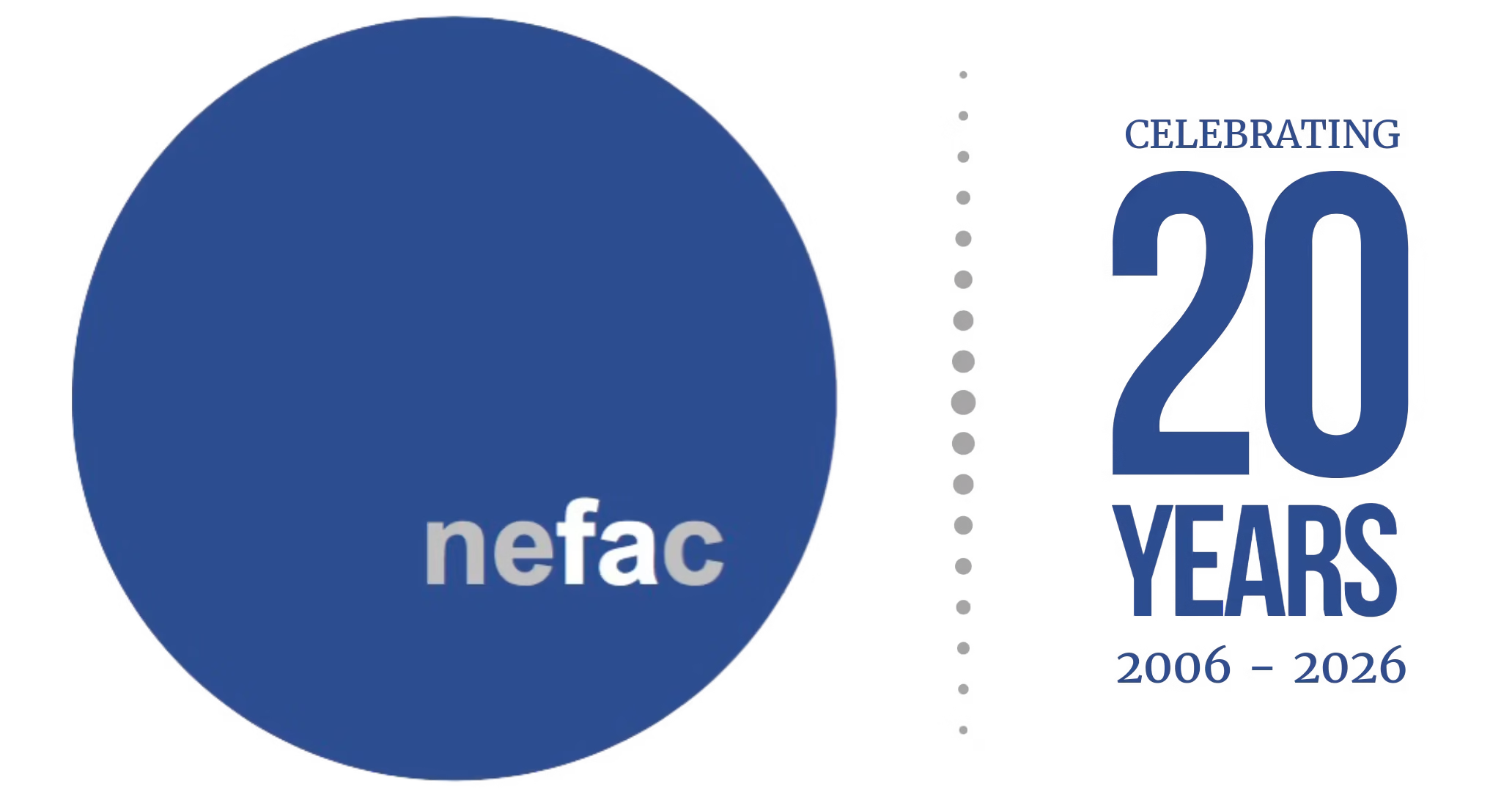Please note that NEFAC submitted similar testimony for House Bill No. 5454 which proposes the same changes as the Senate legislation described below.
FOR IMMEDIATE RELEASE
CONTACT Justin Silverman | 774.244.2365 | justin@nefac.org

The New England First Amendment Coalition testified today in support of a Rhode Island bill that would strengthen the state’s “often failing public records law.”
Senate Bill No. 420 would make changes to the state’s Access to Public Records Act that include:
• Better access to police records.
• Increased fines against government agencies for non-compliance.
• Less restrictions on the release of 911 audio.
• Increased access to communication between government officials.
• More timely release of police-worn body camera footage.
“This legislation is a much-needed common sense update to our public records law, a statute that has not been significantly reformed in more than a decade,” wrote NEFAC in April 4 comments to the Rhode Island Senate Judiciary Committee. “The changes will also bring Rhode Island further in line with other states that already offer much of what S.420 provides.”
In its testimony, NEFAC focused on the improved access to 911 audio and police body camera footage S.420 would require.
Currently, access to 911 audio is released only with permission from those heard on the call. This can be problematic for those calling 911 but with other individuals speaking in the background. The law can also prevent individuals from obtaining the audio of calls made on behalf of deceased family members.
“The changes proposed by S.420 strike an appropriate balance between providing access to the audio of 911 calls and protecting the privacy of those needing such calls to be made,” NEFAC explained. “This framework is an effective, yet considerate, way to protect individual privacy while also allowing sufficient transparency within our state’s call centers.”
Regarding body cameras, NEFAC wrote that the policies recently issued by the Office of the Attorney General allow for footage of use-of- force incidents to be unreasonably delayed or to be released only with exorbitant fees incurred by the public. S.420 would require footage of any use-of-force incident to be publicly released within 30 days, a standard necessary for the public to benefit from the technology, the coalition explained.
“Since concern over police brutality and use-of-force policies recaptured the nation’s attention in 2020, communities across the country have demanded more transparency within their law enforcement agencies,” NEFAC wrote. “The use of body cameras can be an effective way to both protect citizens from unreasonable uses of force and to discourage false allegations of misconduct against officers.”
NEFAC is the region’s leading advocate for the First Amendment and the public’s right to know about government. The coalition regularly testifies in cases involving First Amendment freedoms and the public’s right to know. All coalition briefs, letters and statements can be found here.
Want to learn more about Rhode Island’s Access to Public Records Act? Check out NEFAC’s multimedia FOI Guide for video tutorials, interviews with journalists and legal experts, legislation trackers and more.
NEFAC was formed in 2006 to advance and protect the Five Freedoms of the First Amendment, including the principle of the public’s right to know. We’re a broad-based organization of people who believe in the power of an informed democratic society. Our members include lawyers, journalists, historians, academics and private citizens.
Our coalition is funded through contributions made by those who value the First Amendment and who strive to keep government accountable. Please make a donation here.
Leadership Circle donors include the Rhode Island Foundation, Hearst Connecticut Media Group, The Boston Globe, Paul and Ann Sagan, and the Robertson Foundation. Major Supporters include Boston University, the Academy of New England Journalists, the Society of Professional Journalists Foundation, Genie Gannett for the First Amendment Museum, Linda Pizzuti Henry, the Champa Charitable Foundation Fund, Connecticut Public and GBH-Boston.
